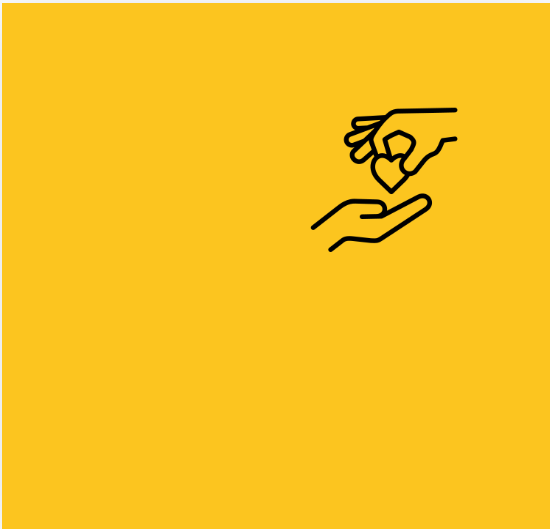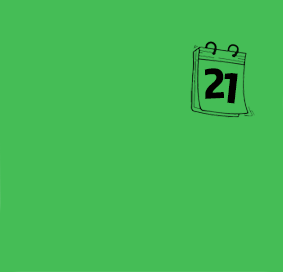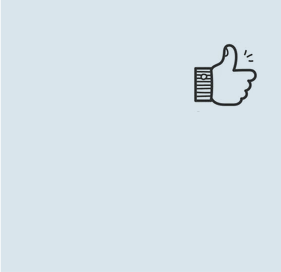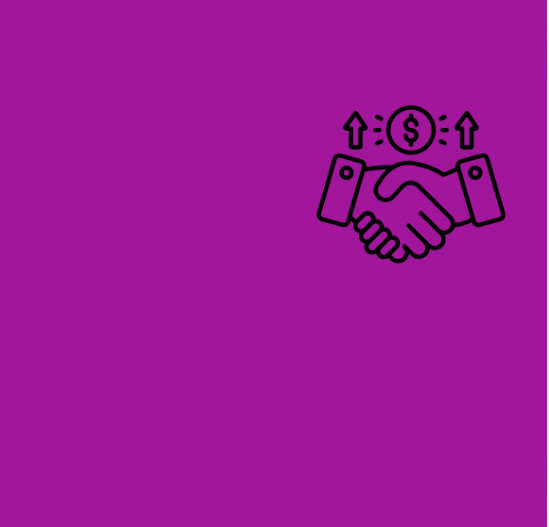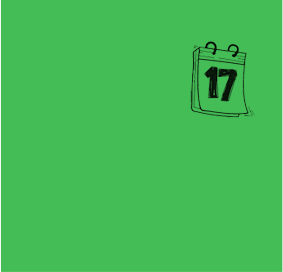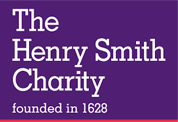HEALTH
Access to good healthcare and the
the right information is important,
both for prospective parents and for
people with Down syndrome.
Supporting families and health professionals
Health FAQ's
Training
We offer Makaton training to health professionals. When health workers use Makaton it opens the lines of communication for people with Down syndrome and can also reduce anxiety. Makaton is a language programme using signs and symbols to help people to communicate. We also provide training on the learning profile of people with Down syndrome. For more information or to book a course, see our interactive calendar or contact us here.
Health Literature
We have established strong relationships with Cheshire healthcare professionals. We know the importance of language when speaking with prospective and new parents in an unbiased manner. We have produced a Tell it Right Start it Right poster with tips for maternity staff about how to celebrate with parents, empower them and focus on the individuality of each baby.
Patient Passports
Click here to download a copy of the Patient Passport (previously known as the Hospital Passport)
-
What health conditions are most common in people with Down syndrome?
There are some conditions common to people who have Down syndrome, although it is worth noting that not every person will experience them and many of these conditions also affect the general population. Heart problems, hearing and visual impairments can occur. Other common conditions can include thyroid function, immune system development, frequent coughs and colds and gastrointestinal conditions.
-
Will my child have heart problems because they have Down syndrome?
Around 50 % of babies with Down syndrome will experience heart problems. These can range from minor through to more serious, although less than one in five will be affected by these more serious conditions.
-
What health checks will my child with Down syndrome receive?
There are basic minimum health checks that babies and children with Down syndrome should receive. All new parents are provided with an insert for their Personal Child Health Record (PCHR). The insert contains growth charts specific to children with Down syndrome as well as a list of any additional checks that may be beneficial.
-
Is my teenager with Down syndrome eligible for an annual health check?
Every teenager with Down syndrome over the age of 14 is entitled to an annual health check. This Directed Enhanced Service (DES) has been introduced for all people with learning disabilities over the age of 14. Not every practice offers the service as the GPs are required to undertake specialist training but your practice should be able to provide you with a list of local doctors who provide the service if they do not.
-
Do people with Down syndrome have neck instability?
Sudden dislocation of the neck is very rare in people with Down syndrome although it is probably more common than with the rest of the general population. People with Down syndrome have stretchier ligaments so joints may be looser and more flexible which, in rare cases, can lead to slippage of the vertebrae. Some parents express concern about activities such as trampolining, gymnastics and horse riding for their child with Down syndrome. In many cases there is no reason why their child cannot take part in these activities, however all sports contain an element of risk for everyone! If you are concerned about neck instability it is advisable to ask a GP, paediatrician or chartered physiotherapist to carry out a screening test which has been developed by the British Gymnastics Association.
-
Is it possible for someone to have Down syndrome (DS) and Autism Spectrum Condition (ASC)?
Yes, a dual diagnosis of both DS and ASC is possible. Parents sometimes may find it difficult to get a dual diagnosis for their child because the combination of DS and ASC can mean that some of the common characteristics or traits may not be obvious.
-
Is Coeliac disease more common in people with Down syndrome?
People with Down syndrome do have a higher chance of developing autoimmune conditions, of which Coeliac disease is one. Coeliac disease causes a person to have a bad reaction to gluten which is found in wheat, rye and barley. An assessment can be carried out by your GP and the disease can be controlled with a gluten-free diet.
-
Can people with Down syndrome lead healthy and active lives?
Absolutely. From an early age, children will benefit from making healthy food choices and being encouraged to take part in physical activity. There may be some factors that people with DS have to overcome when it comes to maintaining a healthy weight such as a lower metabolic rate and hormonal conditions. If you have any concerns regarding your child’s weight, it’s worth consulting your GP or learning disability nurse.
-
I’m concerned about my child’s behaviour at school, what should I do?
As all children go through different phases it’s perfectly understandable that you may be concerned about their behaviour at times. Negative behaviour may be a result of frustration or poor communication skills and can be addressed by communicating with school. Our education advocates can help you work with school to address the issues and we also run a popular behaviour workshop the dates of which can be found on our calendar.





